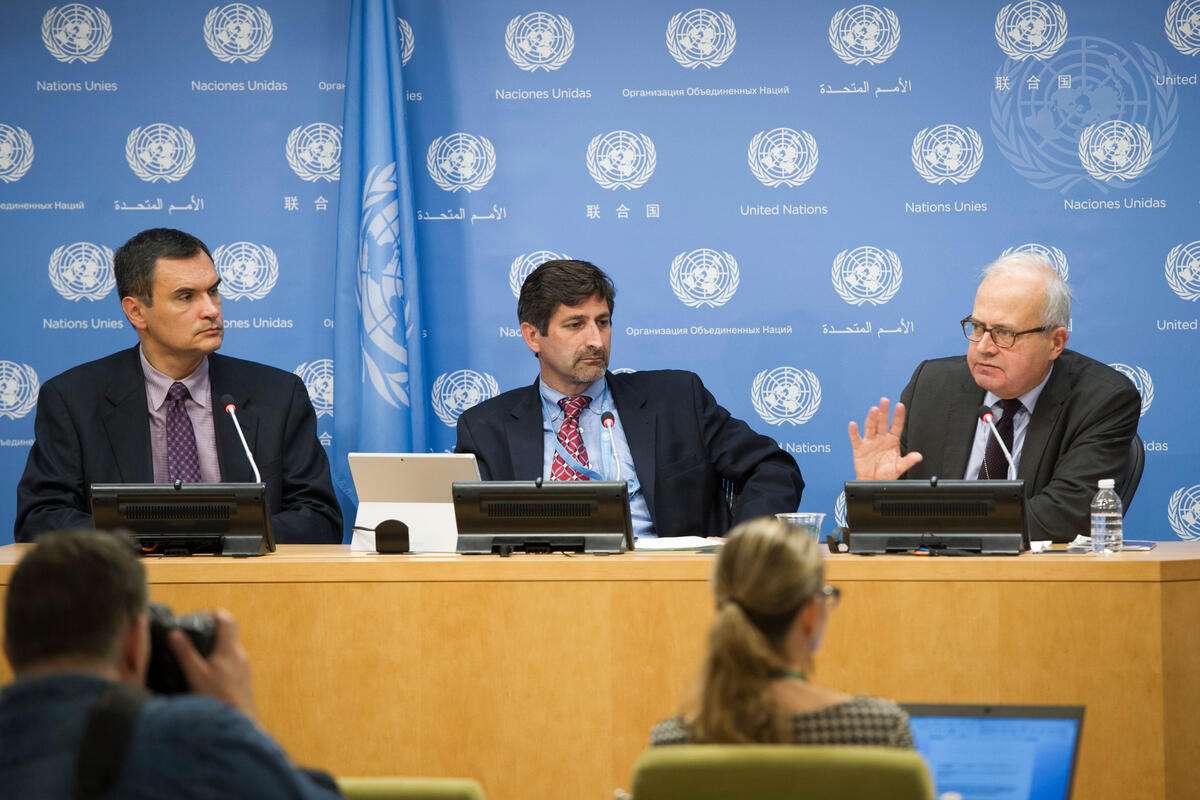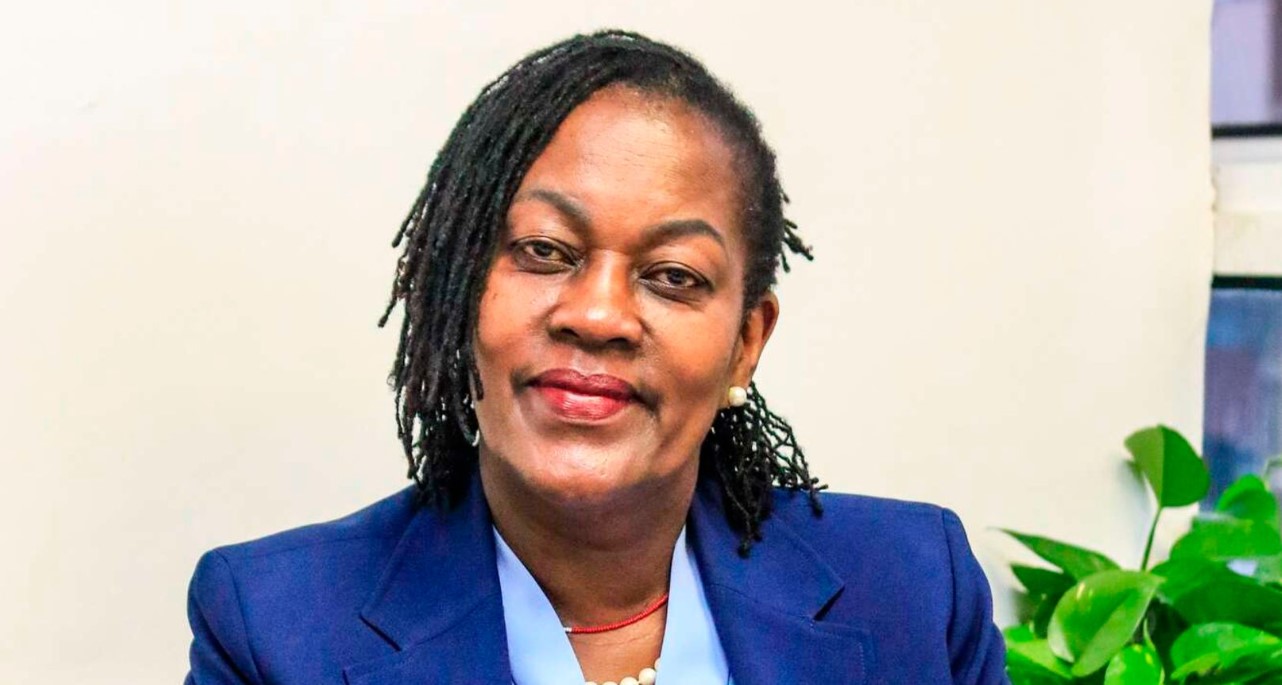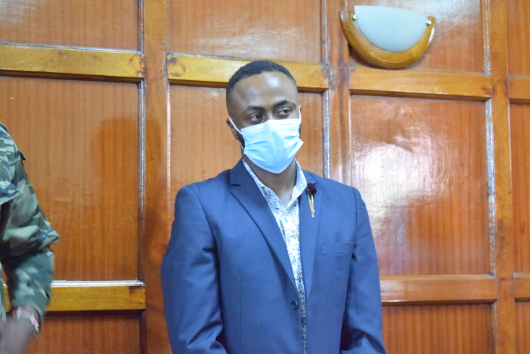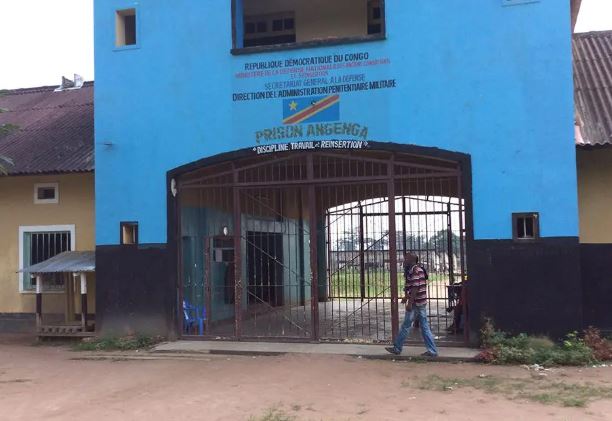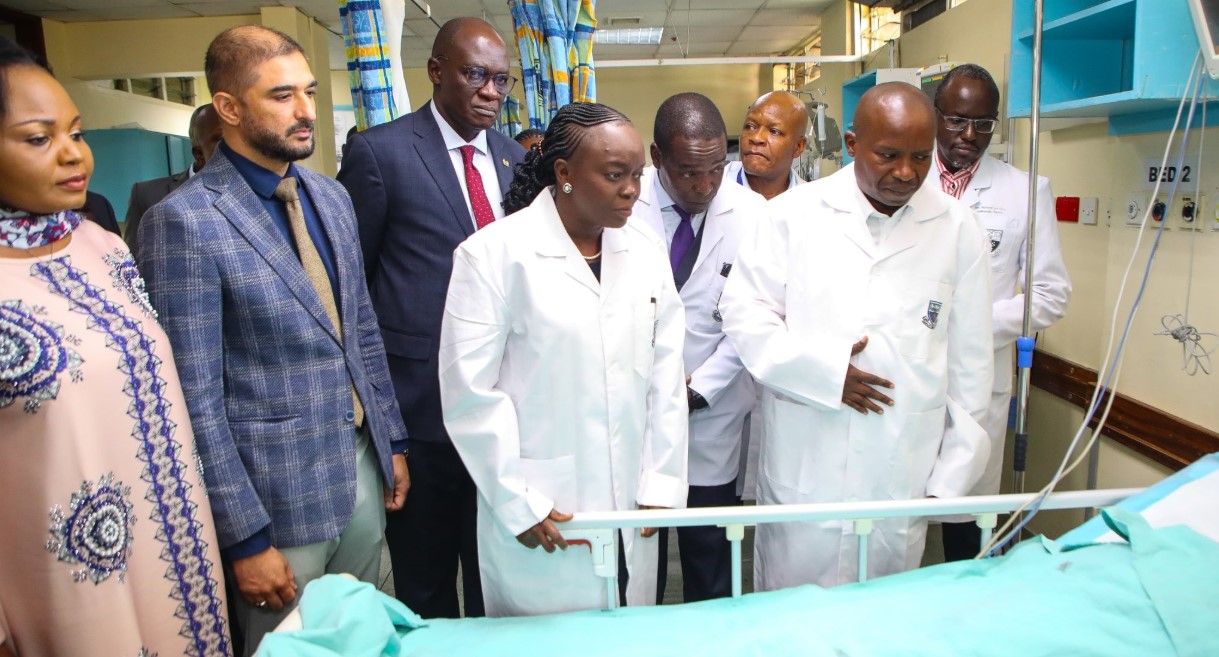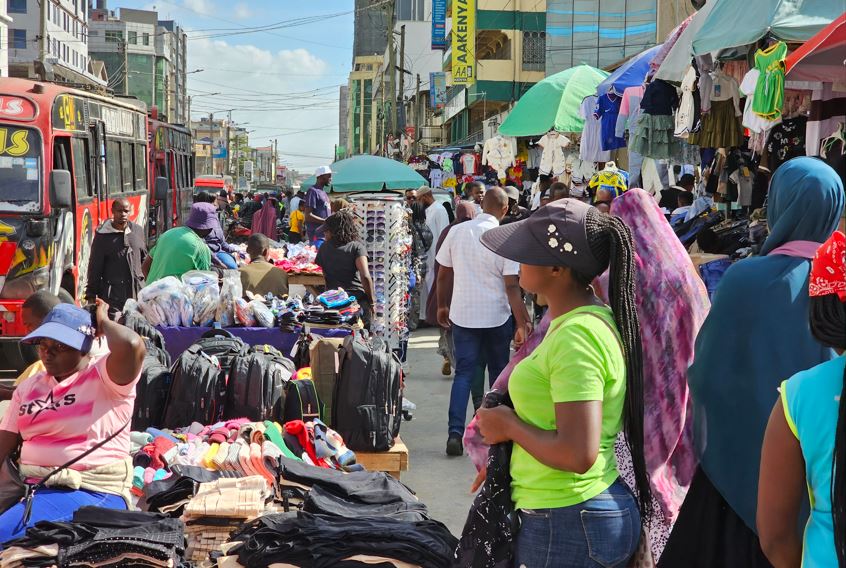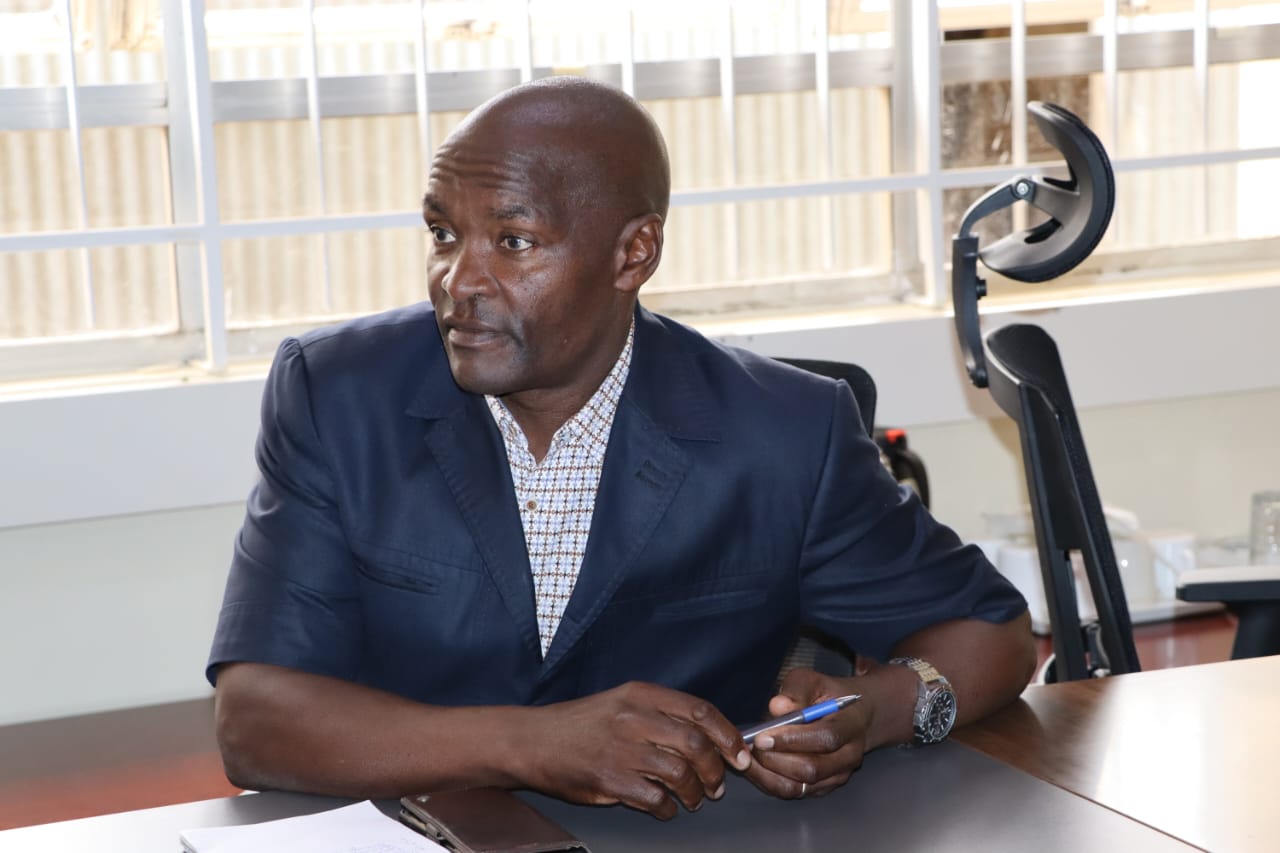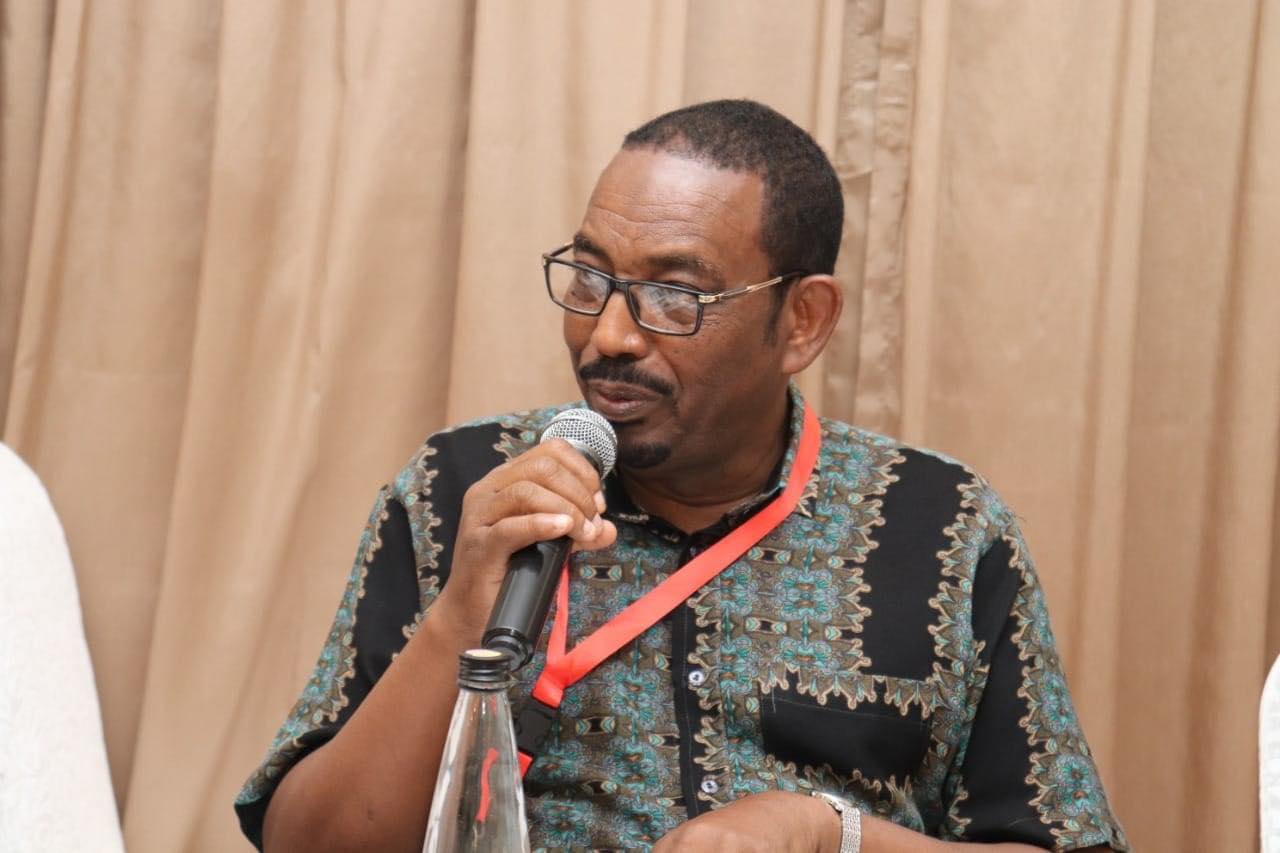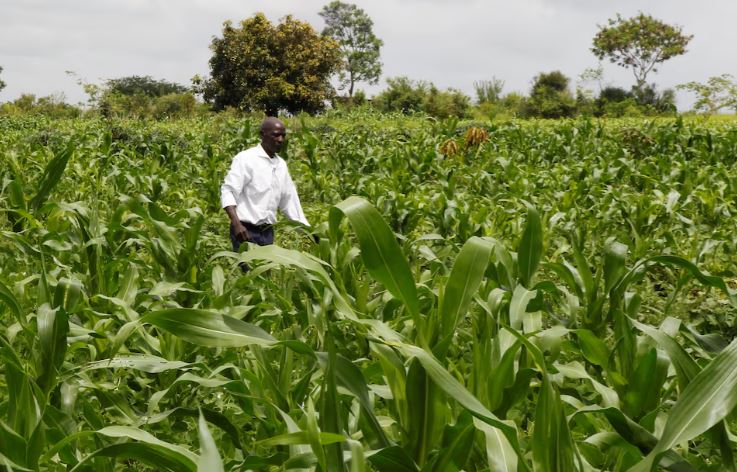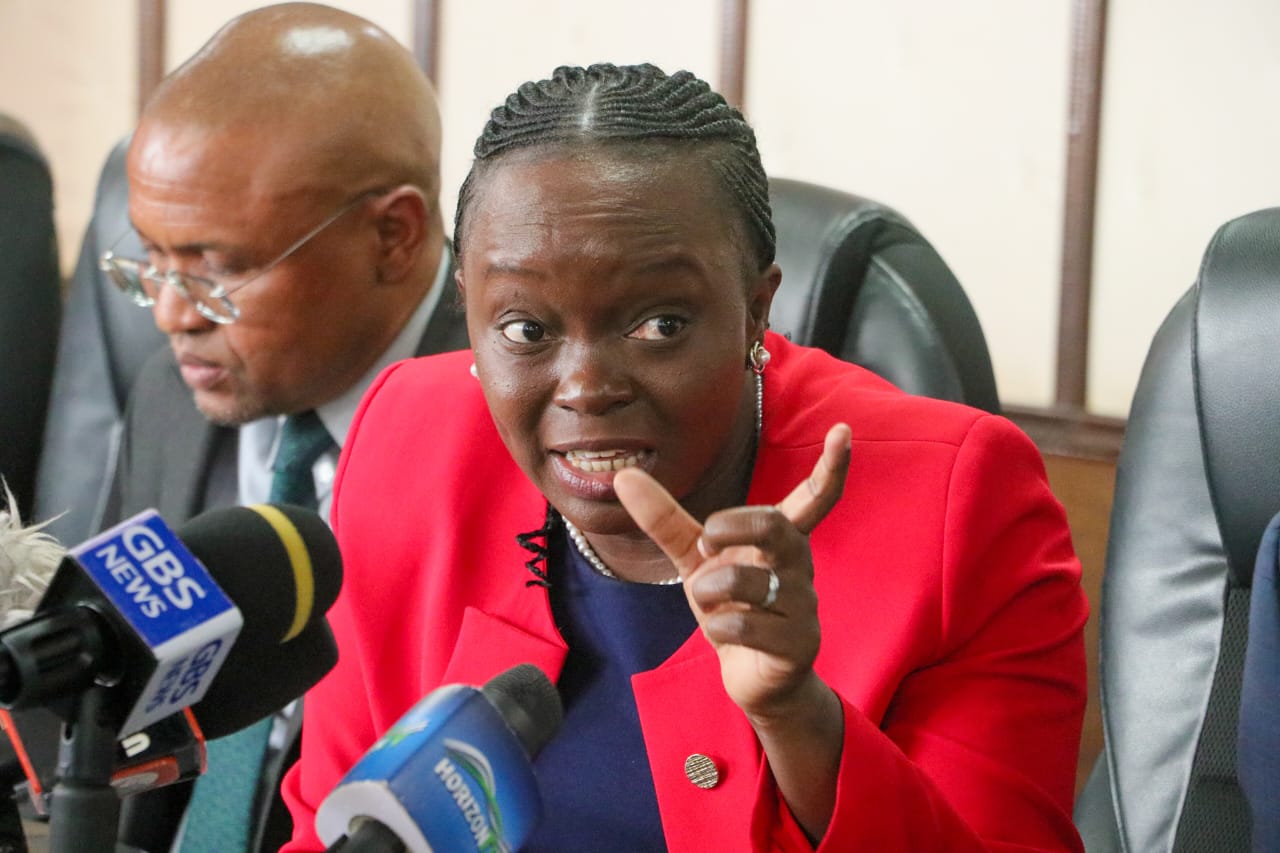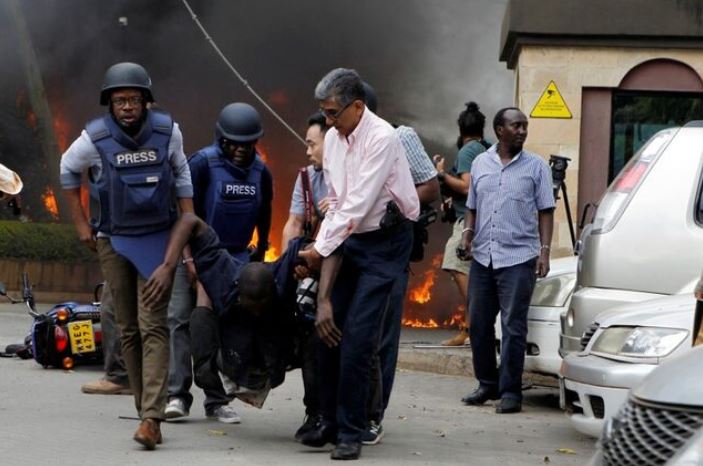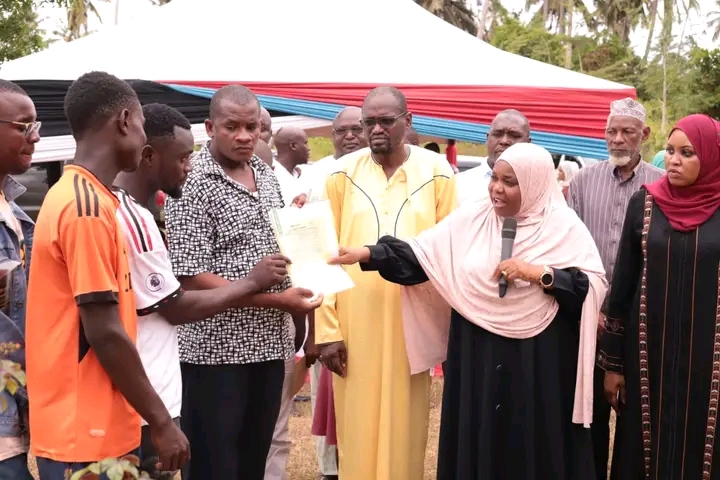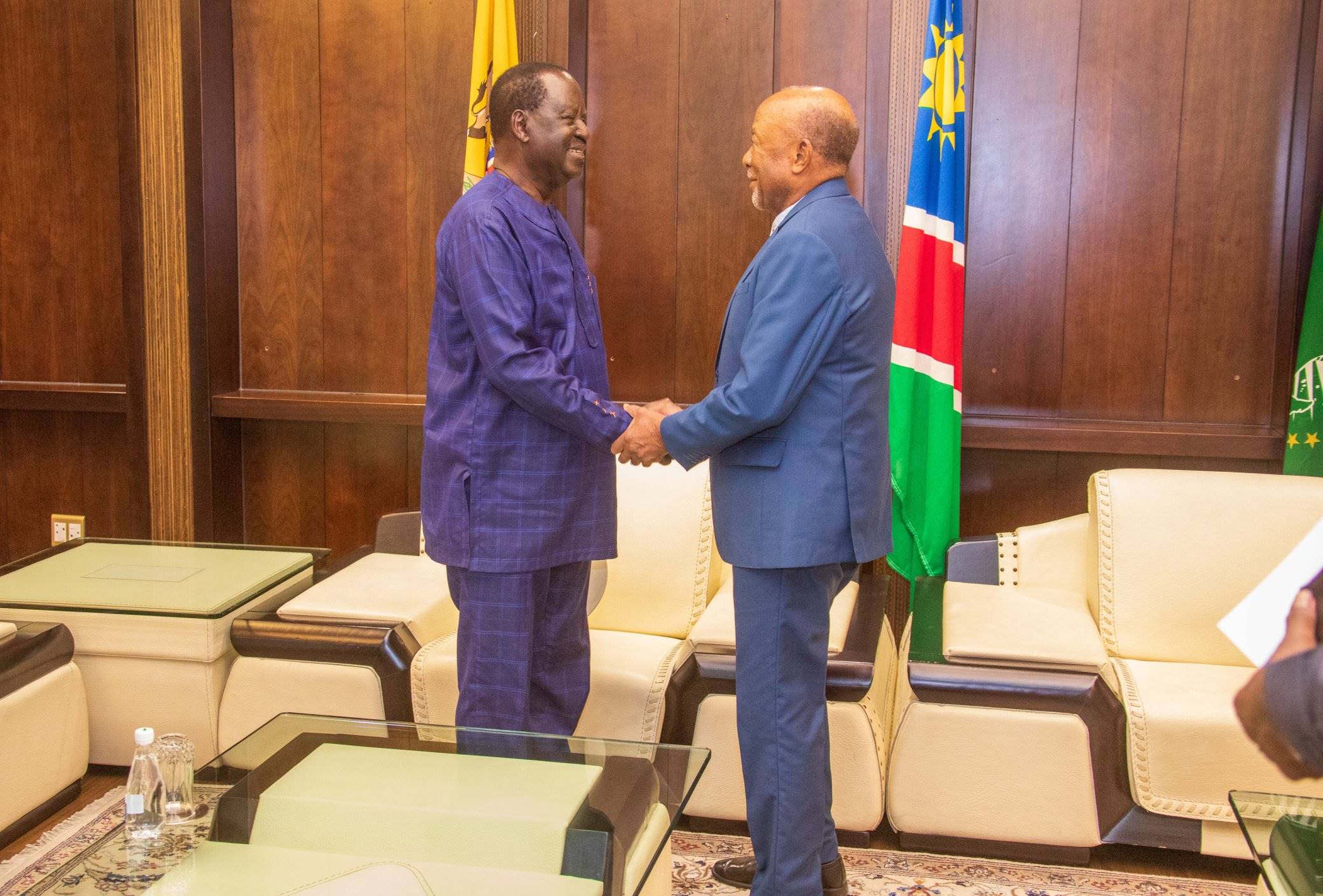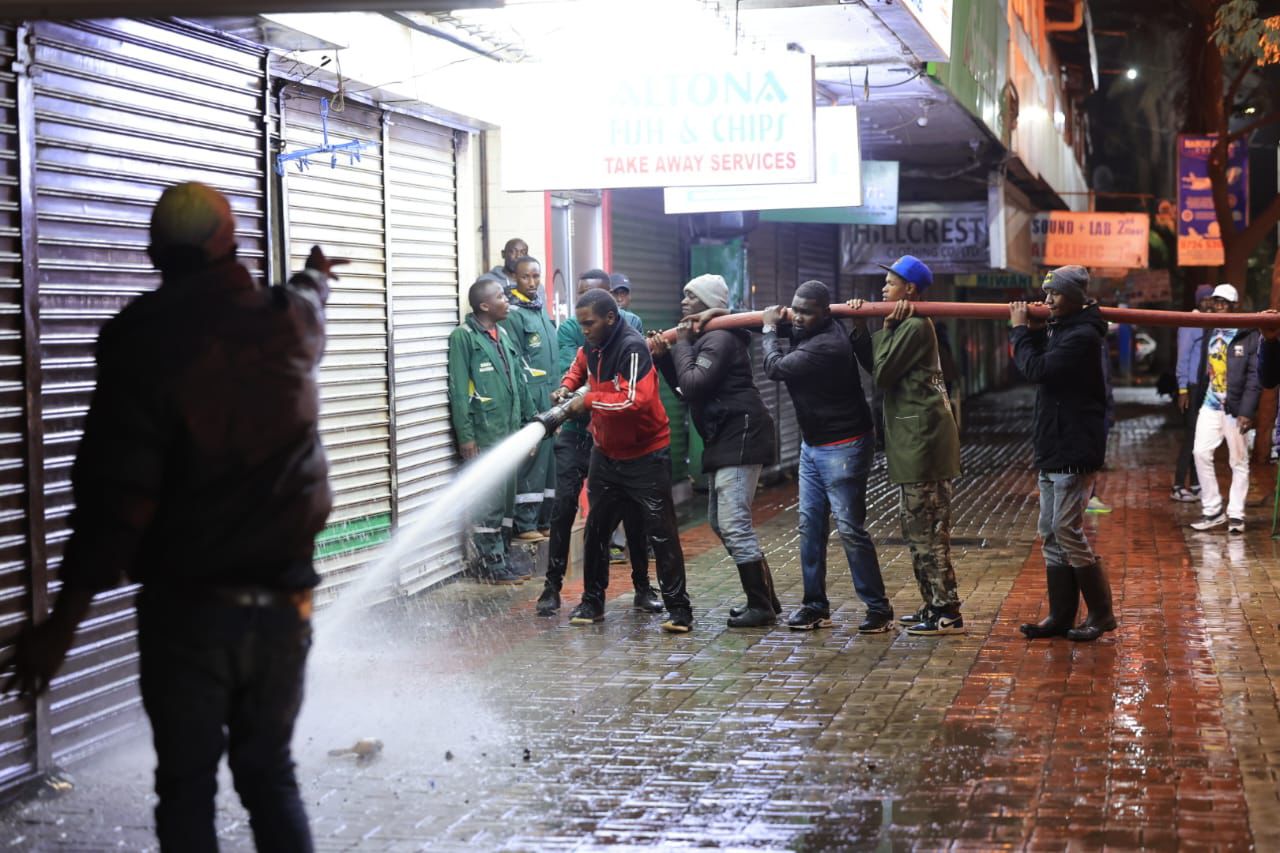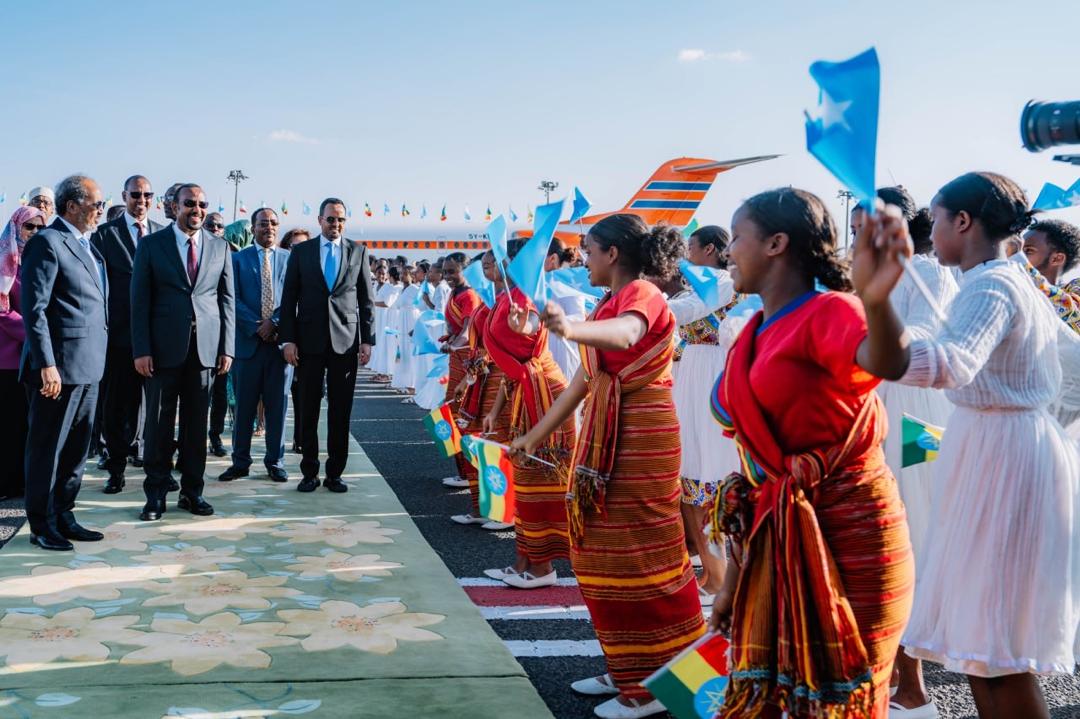China supports Iran in defending security, says foreign minister
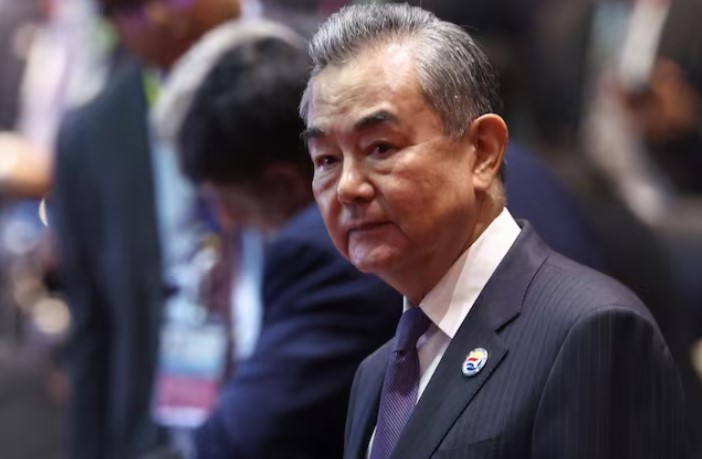
Iran has vowed to "harshly punish" Israel over the assassination.
China supports Iran in defending its "sovereignty, security, and national dignity," Chinese foreign minister Wang Yi told Iran's acting foreign minister in a phone call on Sunday, according to a statement by China's foreign ministry.
In the phone call, Wang repeated Beijing's denunciation of the assassination of Hamas chief Ismail Haniyeh in Tehran on July 31, saying the strike had violated Iran's sovereignty and threatened regional stability.
More To Read
Iran and the Palestinian Islamist group Hamas have accused Israel of carrying out a strike that killed Haniyeh.
Israel has not claimed or denied responsibility for the killing, which has fuelled concern that the war between Israel and Hamas in the Gaza Strip was turning into a wider Middle East war.
Iran has vowed to "harshly punish" Israel over the assassination.
Wang told Ali Bagheri Kani, Iran's acting foreign minister, that the killing of Haniyeh had "directly undermined the Gaza ceasefire negotiation process and undermined regional peace and stability," China's foreign ministry said.
"China supports Iran in defending its sovereignty, security, and national dignity in accordance with the law, and in its efforts to maintain regional peace and stability, and stands ready to maintain close communication with Iran," Wang was quoted as saying.
Iranian President Masoud Pezeshkian nominated Abbas Araqchi as the country's foreign minister on Sunday. Araqchi had been Iran's chief negotiator in nuclear talks from 2013 to 2021.
President Masoud is shaping his cabinet at a time of increased risk of escalation of the conflict in Gaza into a broader regional war after the recent killings of Palestinian Islamist group Hamas' leader Ismail Haniyeh in Iran and of Hezbollah military commander Fuad Shukr in Beirut drew threats of retaliation against Israel.
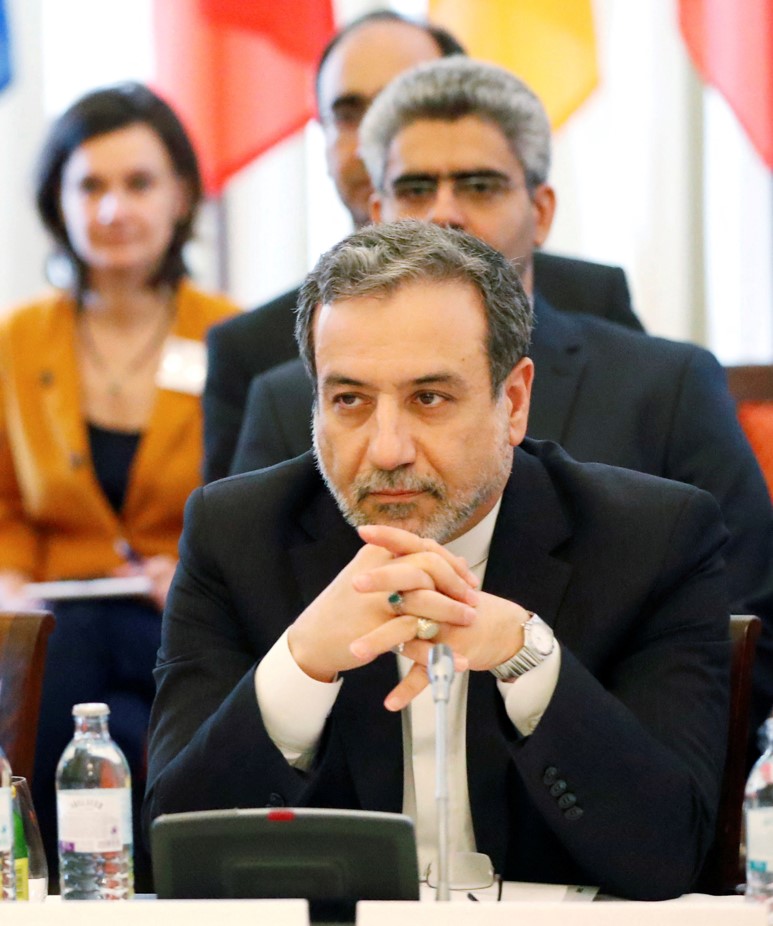 Iran's top nuclear negotiator, Abbas Araqchi, attends a meeting of the JCPOA Joint Commission in Vienna, Austria, June 28, 2019. (Photo: REUTERS/Leonhard Foeger/File Photo)
Iran's top nuclear negotiator, Abbas Araqchi, attends a meeting of the JCPOA Joint Commission in Vienna, Austria, June 28, 2019. (Photo: REUTERS/Leonhard Foeger/File Photo)Iran's top nuclear negotiator, Abbas Araqchi, attends a meeting of the JCPOA Joint Commission in Vienna, Austria, June 28, 2019. REUTERS/Leonhard Foeger/File Photo
Following the death of hardline President Ebrahim Raisi in a helicopter crash in May, Pezeshkian won a snap election last month by promising to improve ties with the world, promote a pragmatic foreign policy, and ease social restrictions at home.
Pezeshkian's proposed cabinet lineup requires lawmakers' approval, and parliament speaker Mohammad Baqer Qalibaf said that parliamentary commissions will start reviewing his candidates on Monday.
Araqchi, 61, who was Iran's ambassador to several countries, including Japan, played a key role in negotiating Tehran's 2015 nuclear agreement with six world powers, which then-U.S. President Donald Trump exited in 2018 and re-imposed sanctions on Iran.
Araqchi later led Iran's negotiators during multilateral efforts, ultimately unsuccessful, to revive the pact via indirect diplomacy with Washington before he was replaced by hardline Ali Bagheri Kani in 2021.
The president's powers are limited in the Islamic Republic by those of the Supreme Leader, who is the commander-in-chief of the armed forces, appoints the head of the judiciary, and has the last say on major policies.
Tensions between Iran and the West have increased over Tehran's fast-advancing nuclear programme and its threats to "harshly punish" Israel over the assassination of Haniyeh.
Tehran and Hamas accuse Israel of carrying it out, though it has not claimed or denied responsibility for the killing.
Separately, Iran's president nominated Mohsen Paknezhad as oil minister, who has served as deputy oil minister overseeing hydrocarbon resources between 2018 and 2021.
Pezeshkian has also nominated Farzaneh Sadeq as the road and transportation minister. If approved by the parliament, she would become only the second woman cabinet minister in the Islamic Republic's history.
The first one was appointed in 2009 by hardliner Mahmoud Ahmadinejad, who was president at the time.
Under the president's proposed lineup, Raisi's intelligence minister, Esmail Khatib, would keep his position in the new cabinet.
Top Stories Today
Trending
